Sleep and Strength: The Critical Connection Between Rest and Athletic Performance
# Sleep and Strength: The Critical Connection Between Rest and Athletic Performance
In the world of athletics, the pursuit of peak performance is often a meticulous balancing act of training, nutrition, and recovery. While many athletes focus on optimizing their diet and exercise routines, one crucial element is often overlooked: sleep. The connection between sleep and athletic performance is profound and multifaceted, influencing everything from physical strength to cognitive function. In this blog post, we will explore the critical ways that sleep impacts athletic performance, provide nutrition tips, exercise advice, and highlight the health benefits of prioritizing rest.
## The Importance of Sleep in Athletic Performance
Sleep is not merely a passive state of rest; it is a dynamic process that plays an essential role in muscle recovery, hormone regulation, and cognitive function. During deep sleep stages, the body engages in muscle repair, tissue growth, and protein synthesis. Growth hormone, which is vital for muscle development and recovery, is predominantly released during sleep. Insufficient sleep can lead to decreased strength, slower reaction times, and impaired decision-making, all of which can hinder athletic performance.
Research has shown that athletes who prioritize sleep tend to perform better in their respective sports. A study published in the *Journal of Sports Sciences* found that athletes who averaged at least 8 hours of sleep per night experienced improved speed, accuracy, and overall performance compared to those with less sleep.
## Health Benefits of Quality Sleep
1. **Enhanced Recovery**: Sleep allows the body to recover from physical exertion, repairing muscle damage and replenishing energy stores.
2. **Improved Cognitive Function**: Adequate sleep enhances focus, decision-making, and reaction times, all essential for athletic performance.
3. **Hormonal Balance**: Sleep regulates hormones like cortisol and testosterone, which play critical roles in stress management and muscle growth.
4. **Injury Prevention**: Well-rested athletes are less likely to experience injuries due to improved coordination and reaction times.
5. **Better Mood and Motivation**: Quality sleep is closely linked to mood regulation, which can affect motivation and overall enjoyment of training.
## Nutrition Tips for Better Sleep
While sleep itself is crucial for recovery and performance, the right nutrition can significantly enhance sleep quality. Here are some nutrition tips to promote restful sleep:
1. **Embrace Complex Carbohydrates**: Foods like whole grains, fruits, and vegetables can increase serotonin levels, a precursor to melatonin, the sleep hormone. Consider a small bowl of oatmeal or whole-grain toast before bed.
2. **Incorporate Lean Proteins**: Foods rich in tryptophan, such as turkey, chicken, and dairy products, can help produce melatonin. A small serving of Greek yogurt or cottage cheese can be an excellent pre-sleep snack.
3. **Stay Hydrated, but Not Overloaded**: Hydration is essential, but drinking large amounts of fluids right before bed can disrupt sleep due to frequent bathroom trips. Aim to stay hydrated throughout the day.
4. **Limit Caffeine and Alcohol**: Caffeine can stay in your system for hours, disrupting sleep cycles, while alcohol may induce sleep initially but can lead to disturbances later in the night. Try to limit consumption, especially in the hours leading up to bedtime.
5. **Avoid Heavy Meals Before Bed**: Eating a large meal too close to bedtime can lead to discomfort and disrupt sleep. Aim to finish eating at least 2-3 hours before sleep.
## Exercise Advice for Better Sleep
Just as nutrition plays a role in sleep quality, so does physical activity. Here are some exercise tips to enhance your sleep:
1. **Establish a Routine**: Consistency is key. Aim to exercise at the same time each day to regulate your body’s internal clock.
2. **Incorporate a Mix of Workouts**: Combine strength training with cardiovascular exercise and flexibility training. Each type of exercise contributes to overall fitness and can help improve sleep quality.
3
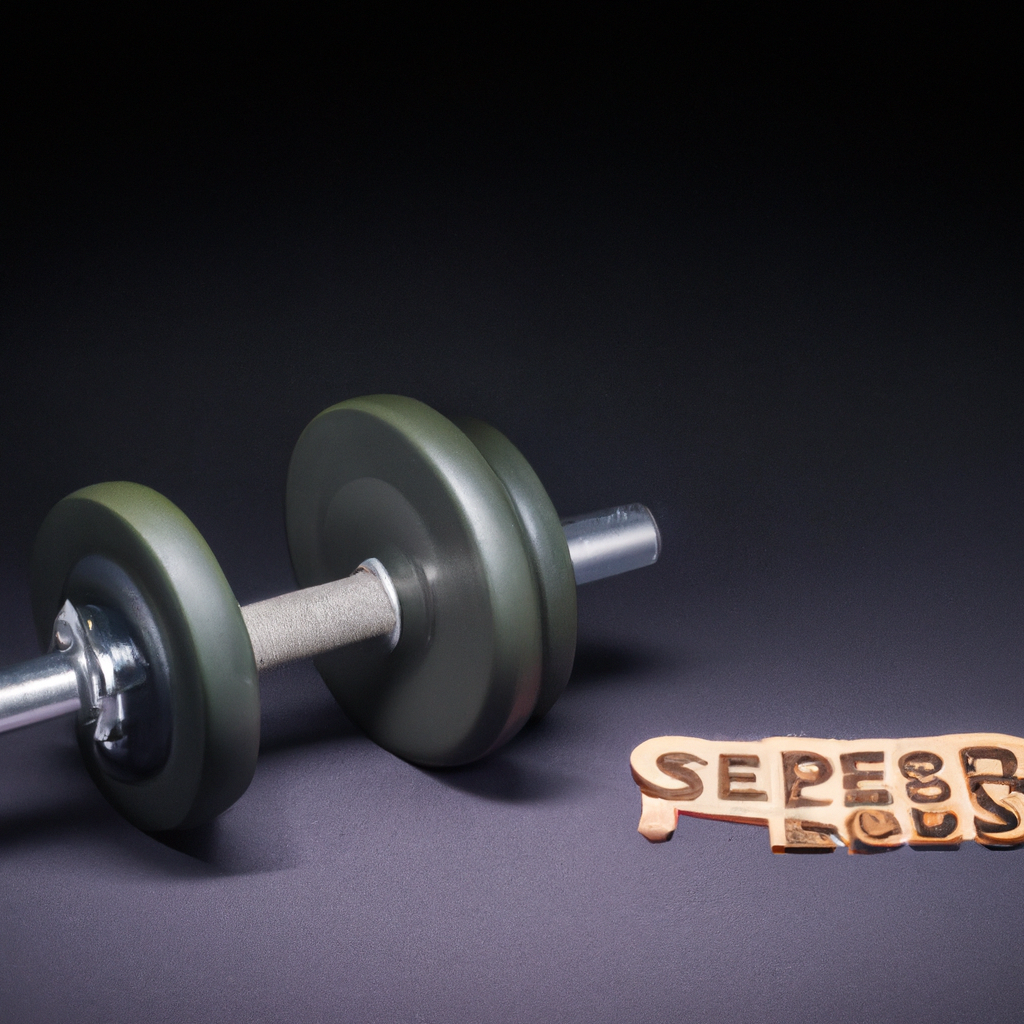

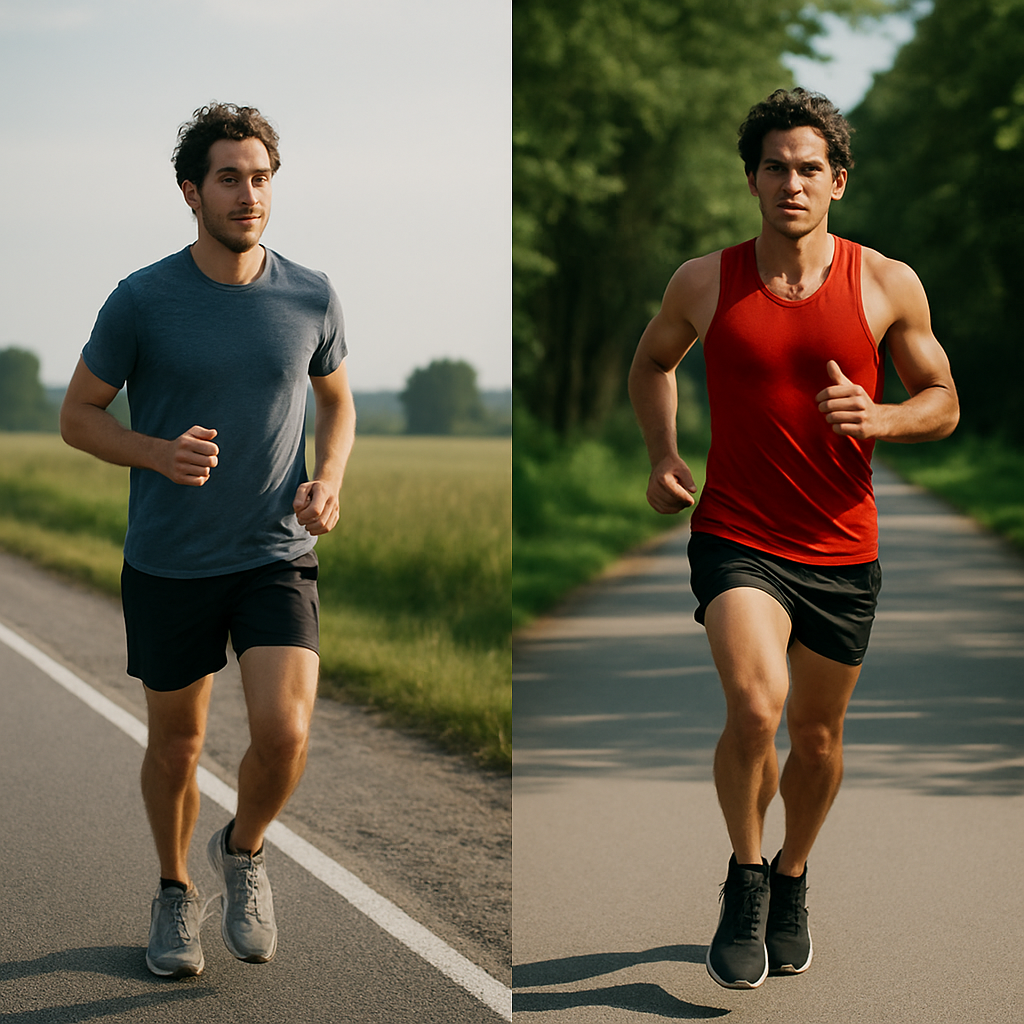
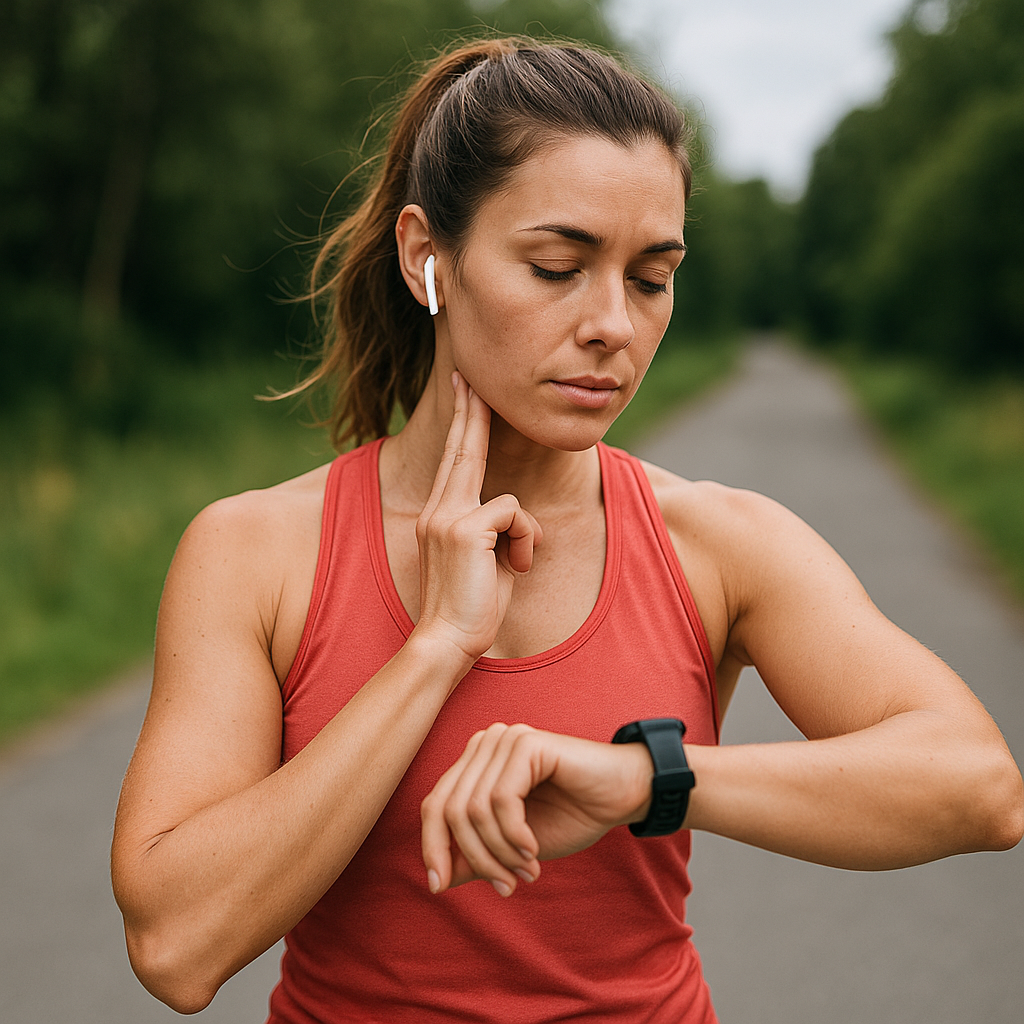
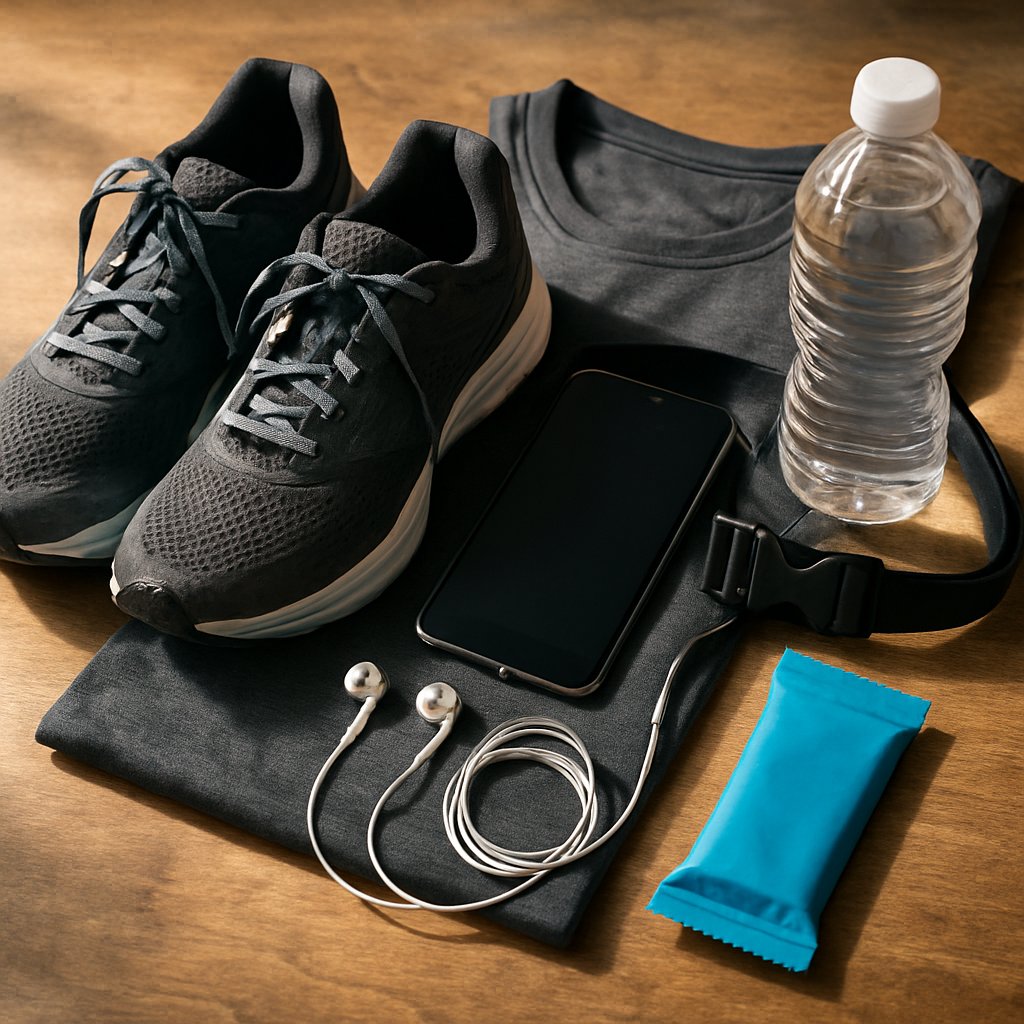
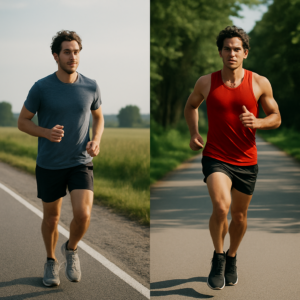
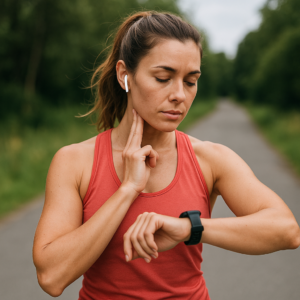
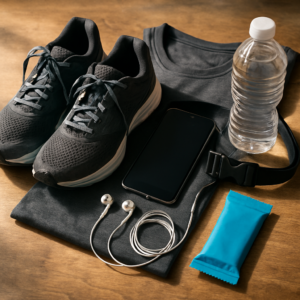

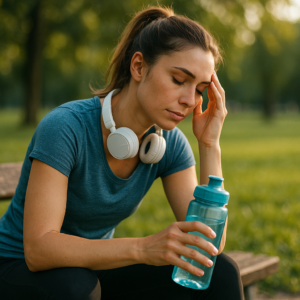





Post Comment